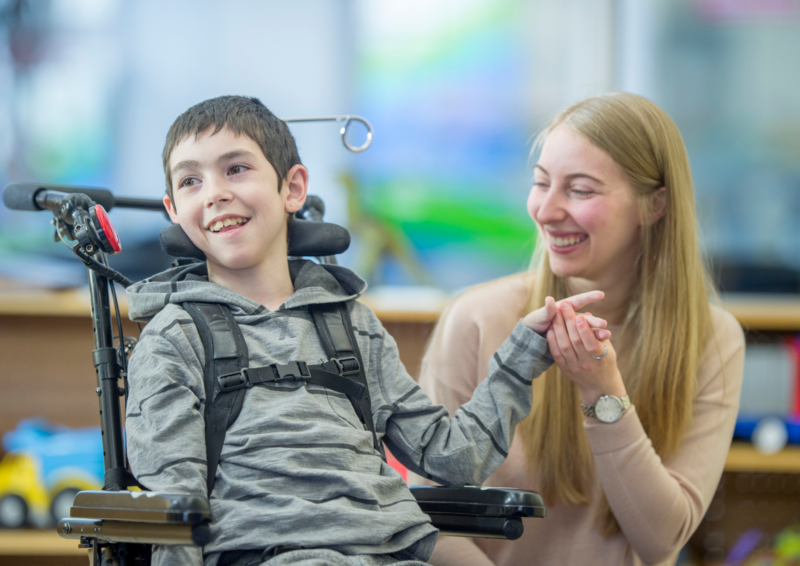Cerebral Palsy
Cerebral palsy is name for a group of conditions that affect muscle control and movement. It is often caused by an injury to the brain before, during or after birth. There is no cure, but physiotherapy and other therapies help people to become more independent and live a full and meaningful life.

Essential home care support for an independent and fulfilled life
Cerebral palsy isn’t a progressive condition, which means it doesn’t get worse with time. With our support and guidance, people with cerebral palsy can lead independent and interesting lives.
Our nurse-led care plans are developed with you, for you. We are responsive and dynamic to your needs, putting together a detailed care plan that exceeds your care needs and enriches your life.

Latest insights
Apprenticeships: Investing in the Complex Care industry
Our stories
From Healthcare Assistant to Registered Nurse with HASCS
Your kind words
Your work ethics and the vision of your company is what it should be. You clearly love what you do and the team have so much respect for your hard work. You all will always be our family.
Family of client | South West, UK
Your kind words
Health & Social Care Services Ltd have made such a huge difference to our family’s quality of life. After many years of continuous stress and battling to get the care that our disabled son desperately needed, to have an acceptable quality of life – it feels like we have suddenly ‘landed’!
Family of client | South West, UK

Our stories
Children’s Care to Adult Care: A Path to Independence
Latest insights
A Comprehensive Complex Care Guide for Beginners
Complex Care Solutions
Helping you navigate your cerebral palsy diagnosis
We provide compassionate support tailored to the unique needs of individuals living with cerebral palsy. From specialised therapies to daily assistance, we empower our clients to lead fulfilling lives.
What is Cerebral Palsy?
Cerebral palsy is an umbrella term for a group of conditions that affect muscle control and movement. In the UK, it affects around 1 in every 400 children. Cerebral” means “of the brain”, while “palsy” means “paralysis”.
There are three main types of Cerebral palsy, many people will have a mixture of these.
- Spasticity cerebral palsy- this causes stiff and tight muscles, reducing a person’s range of movement. This can cause pain and discomfort when muscles go into spasm.
- Dyskinetic cerebral palsy- this type of Cerebral Palsy causes involuntary contractions in the muscles, people with Dyskinetic may make movements or sounds they can’t control. They may also find it difficult to keep an upright position.
- Ataxic cerebral palsy- this affects balance and special awareness. People living with Ataxia may be unsteady with shaky movements and might struggle with coordination.
Signs and Symptoms of Cerebral Palsy
Cerebral palsy is typically diagnosed within the first few years of a child’s life. After referral, a specialist team will carry out assessments in the form of examinations of the child’s movement and learning abilities, as well as checking medical history, development and asking about any problems during pregnancy, birth or soon after.
Signs and symptoms of Cerebral palsy can include:
- delays in reaching development milestones – for example, not sitting by 8 months or not walking by 18 months.
- seeming too stiff or too floppy
- weak arms or legs
- fidgety, jerky, or clumsy movements
- random, uncontrolled movements
- walking on tiptoes
- a range of other problems – such as swallowing problems, speaking problems, vision problems and learning disabilities
Helpful Resources
There are multiple charities working to ensure that every baby, young person, and adult with cerebral palsy has access to the best possible, care, education, and future!
Action Cerebral Palsy- https://actioncp.org/about-us/
Scope- https://www.scope.org.uk/advice-and-support/cerebral-palsy-introduction/
Discover HASCS
Speak to our care professionals for comprehensive care solutions tailored to your needs
We welcome referrals from case management teams, local authorities, NHS Trusts and integrated care boards, charities as well as directly from the home and family. Upon referral, our team will contact you, where they can talk you through the entire process and guide you through each stage, as well as answering any questions you may have.

